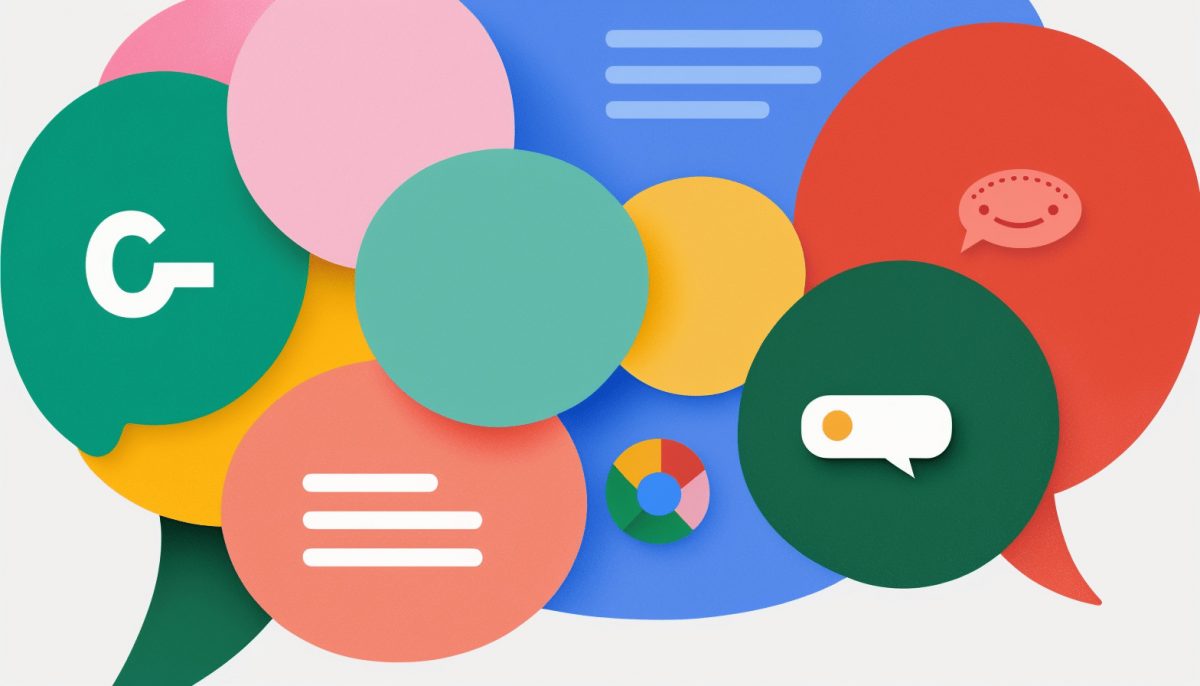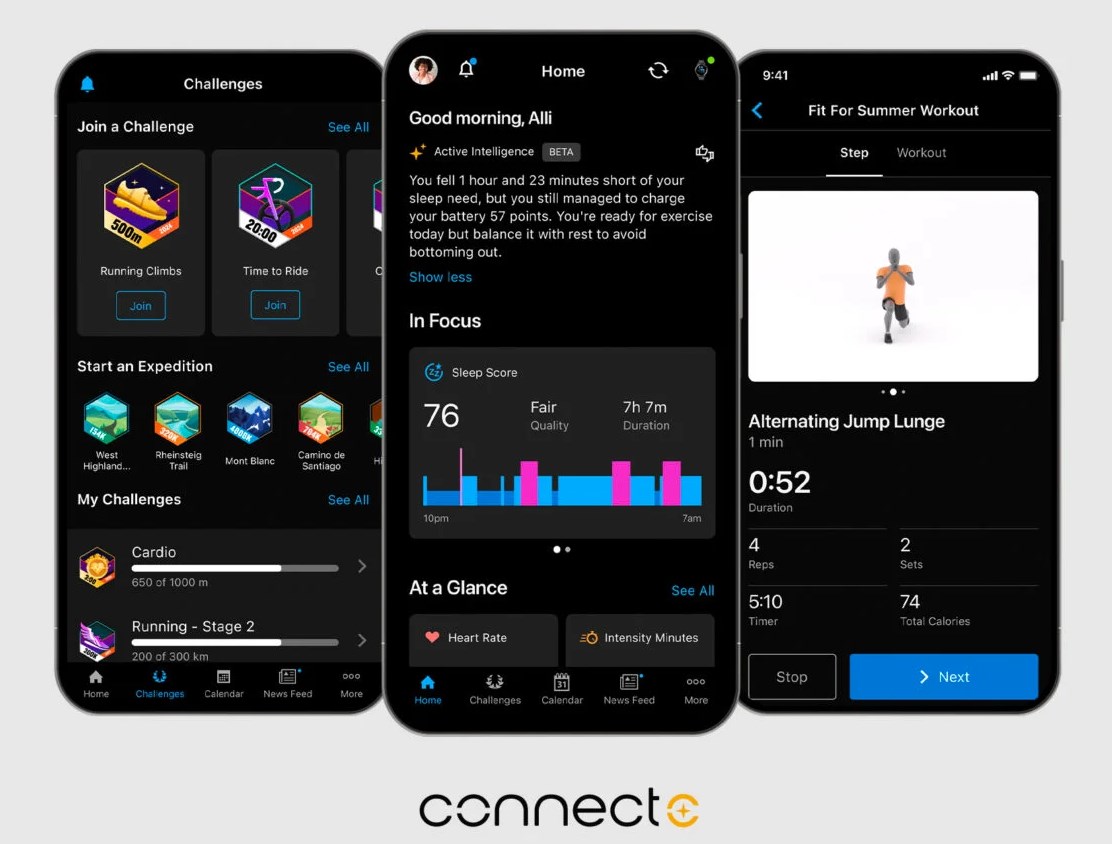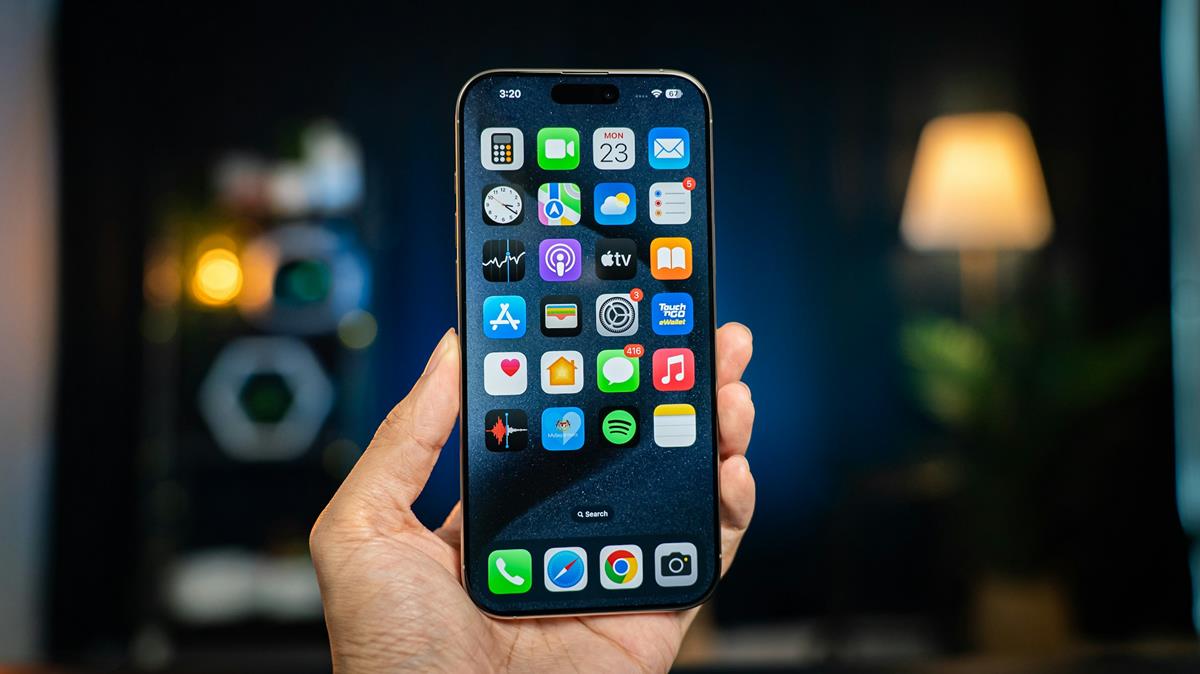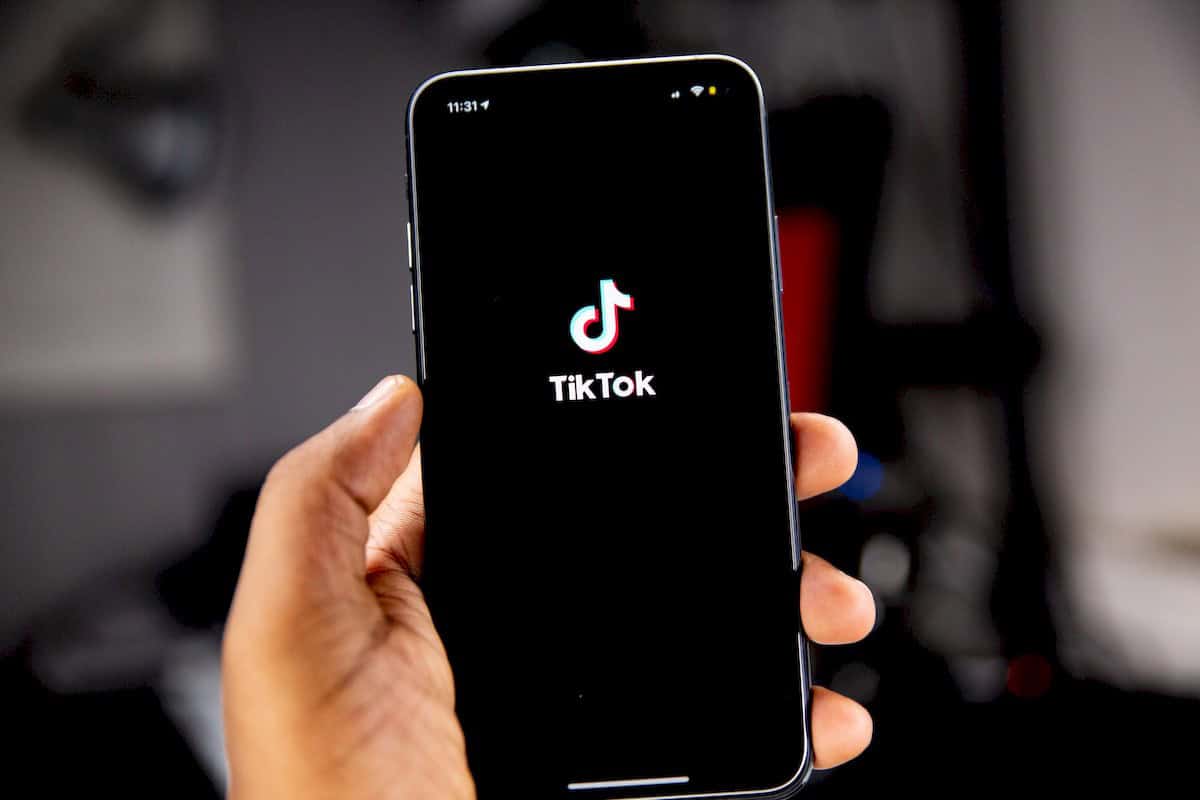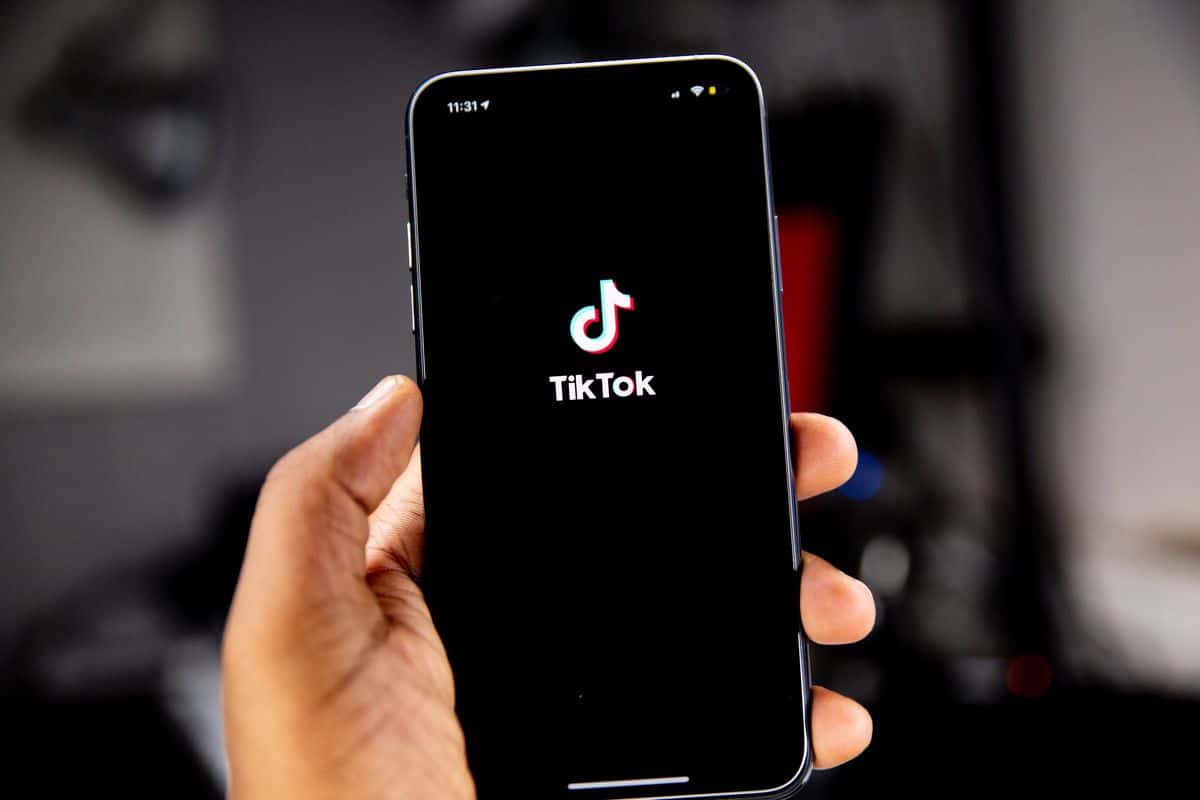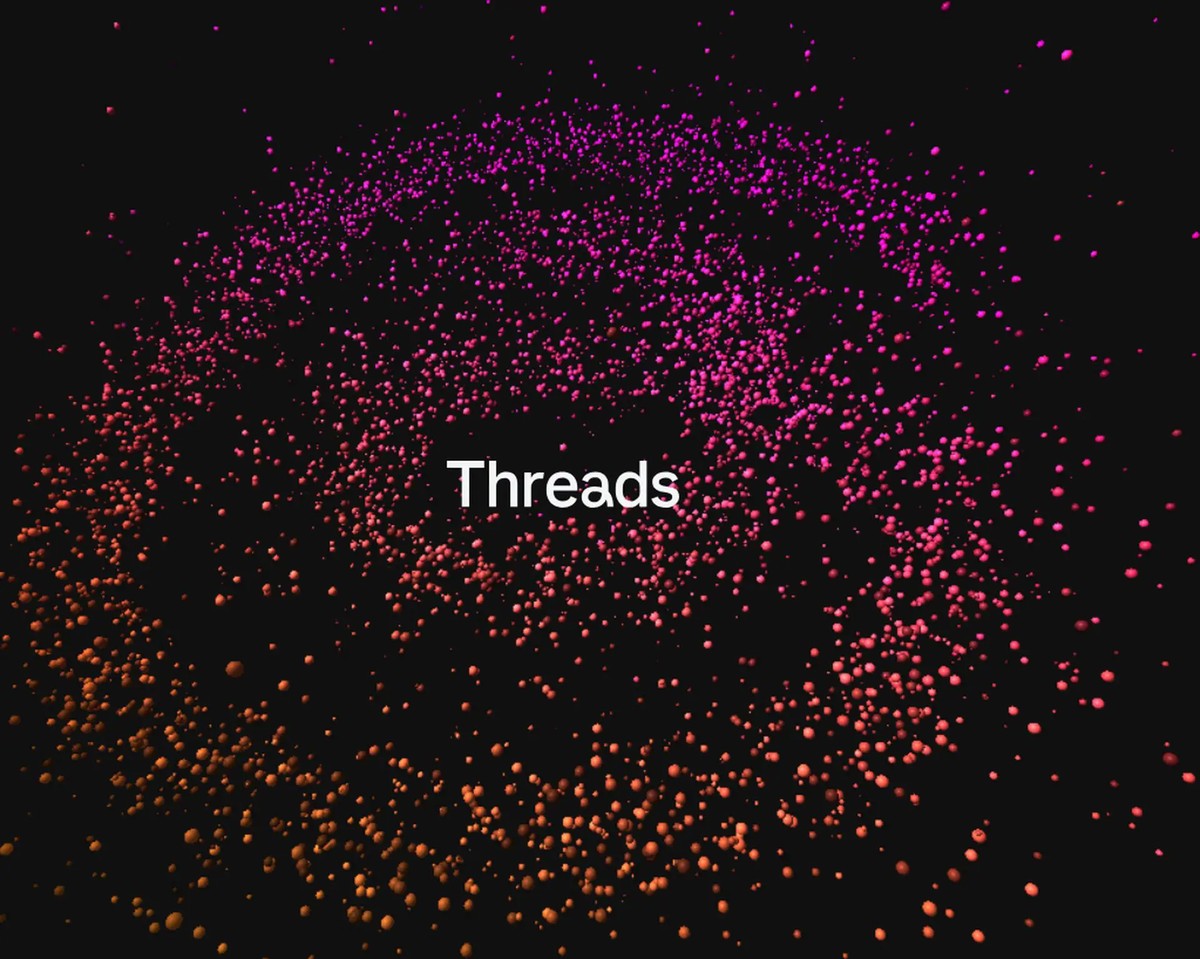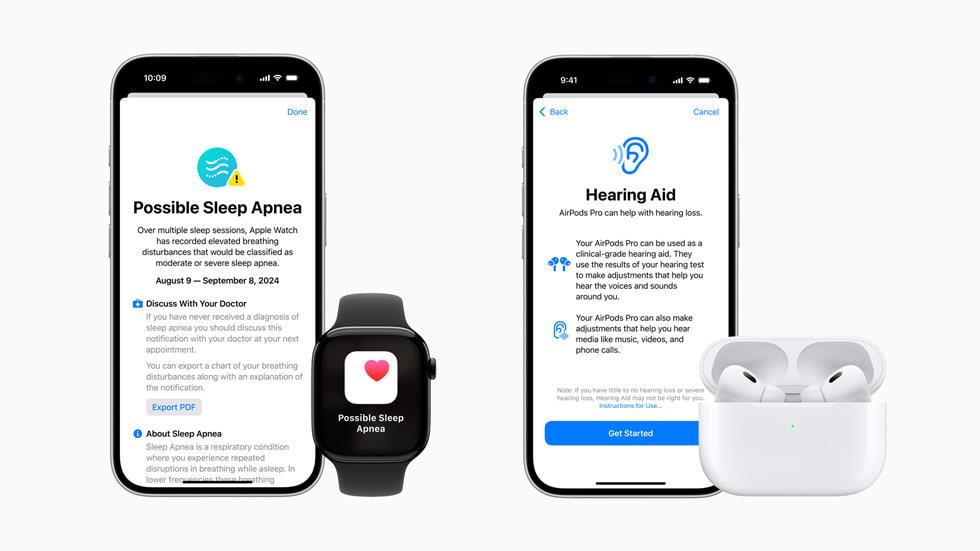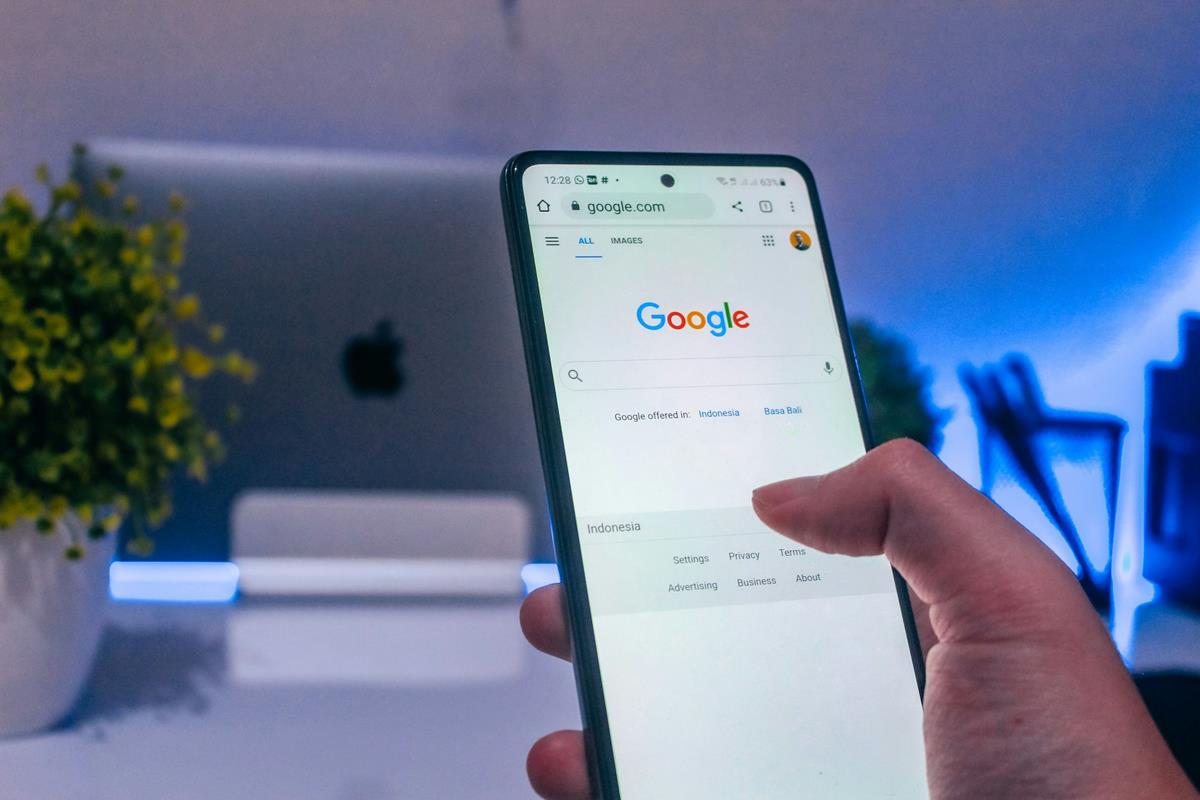What is PaLM?
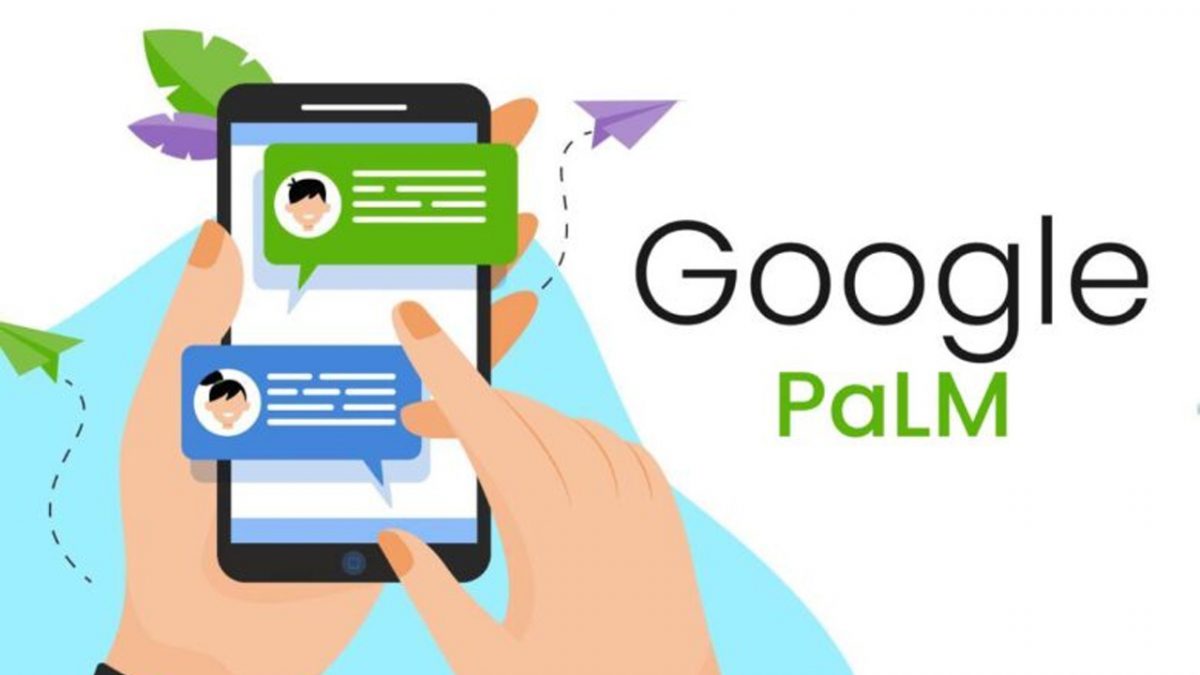
Well, it’s not more up in the “Clouds” for Google as the company opens access to internally developed AI models. Amidst an image model and PaLM launching a new partner Midjourney has joined the Google Cloud Program.

Back in 2017, the Transformer paper was published by Google researchers, an architecture that since has been a central foundation for Midjourney and ChatGPT. However, Google has remained reluctant to release its models, but as Microsoft and OpenAI succeed, it has caused reconsideration from the company.
Google’s comeback is the API access to a generative for images and the PaLM language model in the Google Cloud.
Google’s PaLM is currently considered one of the best language models, and the best part is that Google now offers it via Google Cloud and API. It is seen as an efficient model in terms of capabilities and size, with other variants to follow and extended access on a waiting list.
Using the API access aims to be simple and secure for developers who would like to experiment with AI to build on the language model. But that’s not all other features expected to follow the customization of custom models, synthetic data generation, and prompt engineering capabilities. Additionally, Google gets even more creative by offering a tool known as MakerSuite, which they claim can be utilized to create prototypes quickly.
Google provides access through the Google Cloud for developers wanting to build generative AI models and applications. The yet-unknown image model, PaLM, and optional open-source models are available to access, and soon Google will have third-party models available.
Google’s solution for quickly building and deploying AI models with no programming skills supports the latest models. Through Vertex AI, you can specialize PaLM for specific fine-tuned or context with additional training data. Vertex AI also endorses the new models.
New AI companies Osmo, an AI-powered olfaction startup; AI21Labs, a language modeling startup; Midjourney, a generative AI for images startup, have recently been welcomed by Google’s Cloud business. Some might perceive these companies as competitors, which gives Google more customers.
The company announced several partnerships this week, including Replit, Labelbox, Weights & Biases, and Anyscale. Other leading Google partners, such as TCS, Quantiphi, McKinsey, Deloitte, BCG, and Accenture, showed their commitment by expanding the AI-based implementation and consulting offerings on Google Cloud.
The latest announcement from Google is its plan to introduce AI to all Workspace applications, including Slides, Docs, and Gmail. There appears to be nothing “artificial” about Google’s latest language model and its prospects.
